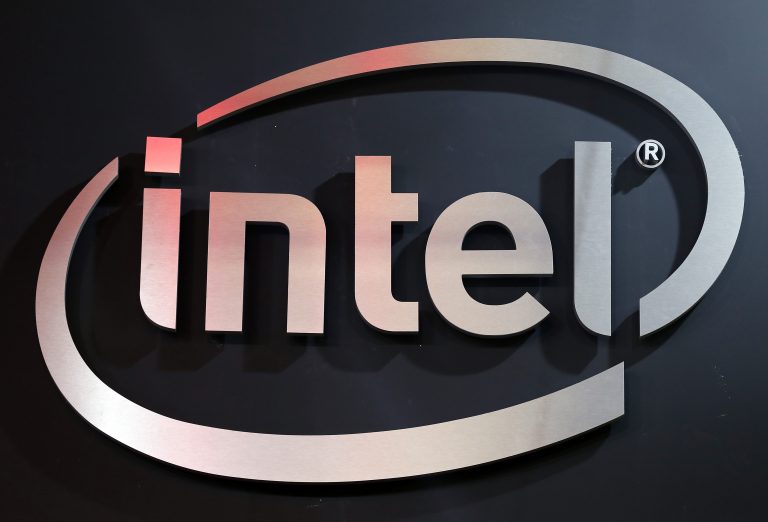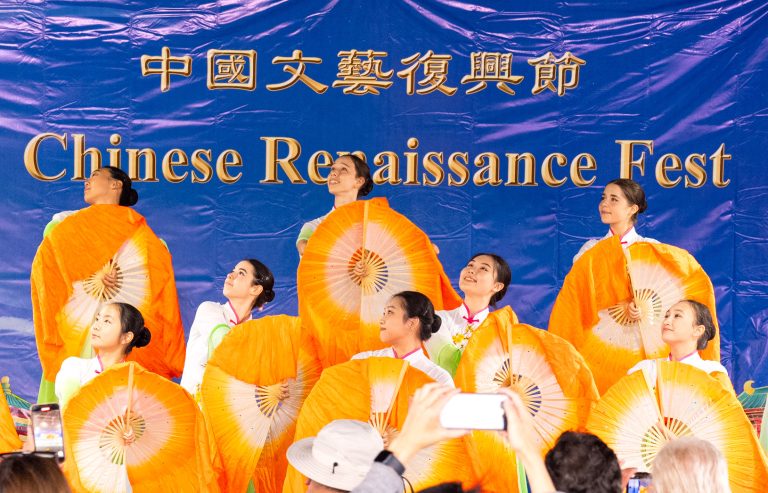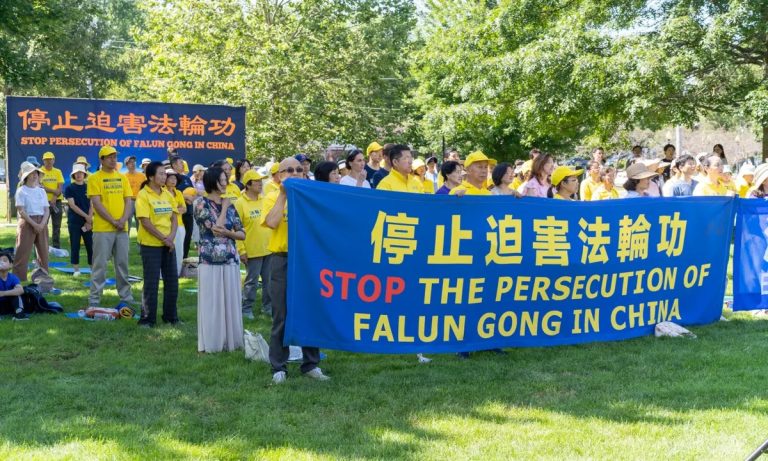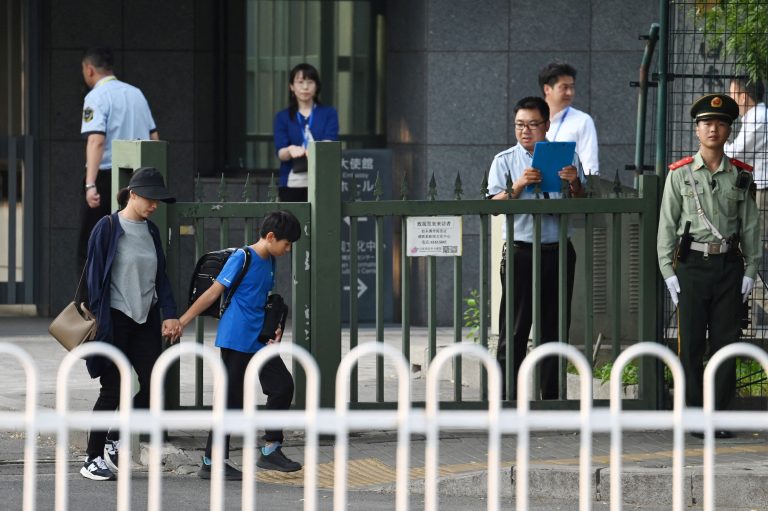Intel recently asked some of its suppliers in China not to procure products or services from Xinjiang, the northwestern region where more than 1 million members of the Uyghur minority people have reportedly been sent to detention camps. The tech giant also asked suppliers to ensure that no labor from Xinjiang was involved in making any item. Intel’s requirements quickly triggered a large-scale reaction in China, with the government, media, celebrities, and netizens blasting the company’s decision.
As a result, Intel issued an apology on Dec. 23 through the domestic Twitter-like platform Weibo. “We apologize for the trouble caused to our respected Chinese customers, partners and the public… Intel is committed to becoming a trusted technology partner and accelerating joint development with China,” Intel said in a statement.
The company insisted that the controversial instruction to suppliers was issued in a bid to comply with U.S. law and does not reflect the official position of the company.
The U.S. law Intel referred to in the apology is the Uyghur Forced Labor Prevention Act that the Senate passed on Dec. 16. The legislation basically creates a “rebuttable presumption” that all goods from Xinjiang have been produced using forced labor and thus bars imports from the region.
Only when Washington determines that there is “clear and convincing” evidence of no forced labor involved in the production of the goods, will the government allow imports to enter the country. The law is now expected to be signed into law by President Joe Biden.
Success
You are now signed up for our newsletter
Success
Check your email to complete sign up
When news of Intel’s instruction to suppliers spread through the internet, it generated heated responses from many netizens who interpreted the action to be defamatory. One netizen called for an apology from the company, accusing Intel of eating “Chinese rice and then smash China’s pot.” The hashtag #InteltoBanXinjiangProducts generated 200 million comments and 300 million views in just 24 hours.
A popular singer who served as the brand ambassador of Intel cut off his ties with the company, stating that “national interests exceed everything.” State-backed Global Times called Intel’s instruction “arrogant and vicious.”
Seeing that public sentiment in China was turning against the company, Intel quickly issued an apology to control the damage. China is a major market for Intel, consistently ranking as the top revenue generator since 2015. Last year, around 20 percent of Intel’s total revenues came from China, with the United States at third place.
In a press conference on Dec. 23, People’s Republic of China (PRC) foreign ministry spokesman Zhao Lijian acknowledged Intel’s apology and used the situation to dismiss reports of human rights abuses in Xinjiang.
“We note the statement and hope the relevant company can respect facts and distinguish right from wrong. We have stressed many times that the allegations about forced labor in Xinjiang are lies cooked up by anti-China forces in the US with the purpose of tarnishing China’s image, undermining stability in Xinjiang and holding back China’s development,” Lijian said. If any company chooses not to use products made in Xinjiang, “it is their loss,” he added.
The White House reacted to the incident without naming Intel. In a press briefing on Dec. 23, White House press secretary Jen Psaki stated that the private sector “should oppose” China’s attempt at “weaponizing” its markets to stifle any support for human rights.
American companies must never feel the need to apologize if they oppose repression or stand up for human rights, the press secretary stated.
“The reality is that companies that fail to address forced labor and other human rights abuses in their supply chains face serious legal risk, reputational and customers — customer risk, not just in the United States, but in Europe and other regions of the world,” Psaki said.







